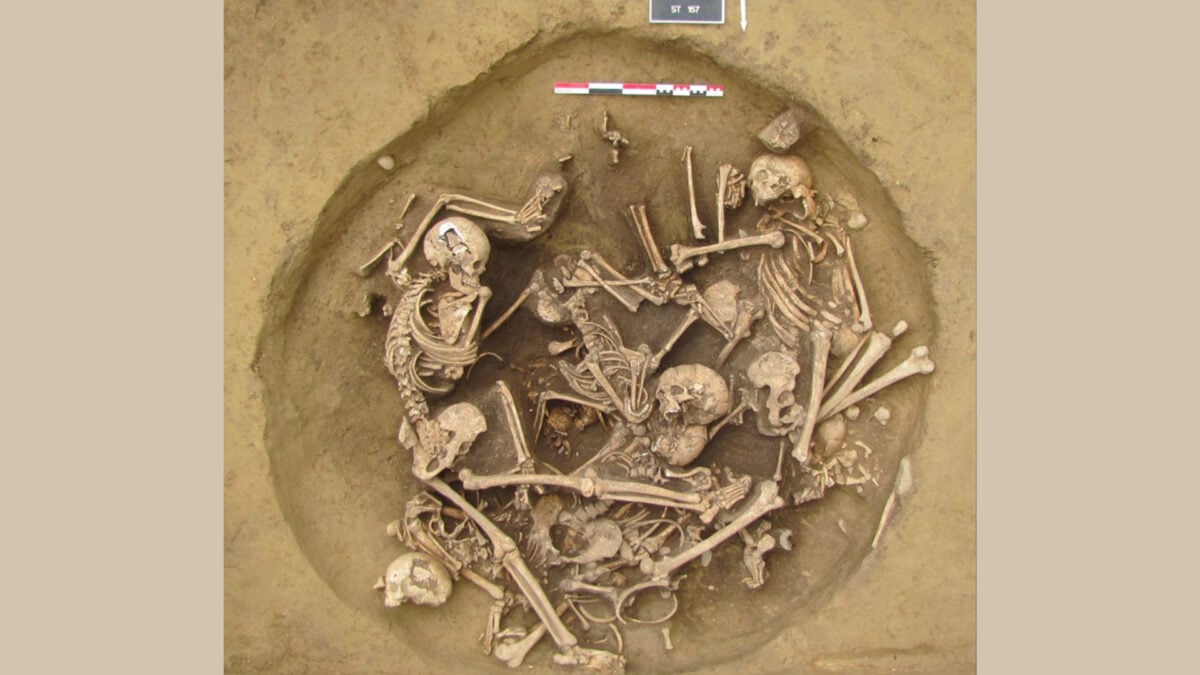Stone Age War and Violence: New Findings

The Stone Age is often envisioned as a period of simple, rudimentary living where people resided in caves, hunted with basic tools, and depicted their surroundings through cave art. However, the Neolithic era—spanning from approximately 9000 to 3300 BCE—was marked by warfare and the violent conquest of adversaries.
A recent study shared in the journal Science Advances has uncovered disturbing evidence suggesting that Neolithic societies in northeastern France practiced severe brutality against foreign invaders. Researchers believe this may signify one of the earliest recorded celebrations of military victories through violence.
The study, executed by an international group of scholars, focused on skeletal remains and dismembered limbs, excavated from burial pits dated between 4300 and 4150 BCE near Strasbourg. Of the remains, 82 had been meticulously examined to draw these conclusions.
The findings indicated stark differences between victims and non-victims. The study postulated that these may have been invading groups viciously slain and then laid in pits—sometimes alongside 'trophies' represented by severed limbs—as part of a gruesome victory ritual.
The Upper Rhine Valley had been known for military and cultural disruptions, yet it remained unknown whether the human remains in Achenheim and Bergheim were locals, foreigners, or prisoners of war. Previous findings lacked such clarity.
Additionally, the presence of injuries like skull fractures that hadn't healed suggested that the victims suffered violent deaths. This is in contrast to individuals without similar wounds who presumably received conventional burials.
To better delineate the victims from others, researchers performed isotopic analyses, studying the different variant ratios within the remains. This confirmed that, unlike the settled locals, the victims hailed from other regions, likely cast as invaders met with fatal consequences by regional inhabitants.
The research team surmised that for those who perished under these conditions, their captors likely perceived them as socially and geographically alien adversaries, considered lesser in human status and thus deserving of such brutal treatment.
On this rare occasion, the term 'overkill' can be applied literally, reflecting the extent of the victory celebrations executed by Stone Age societies.


